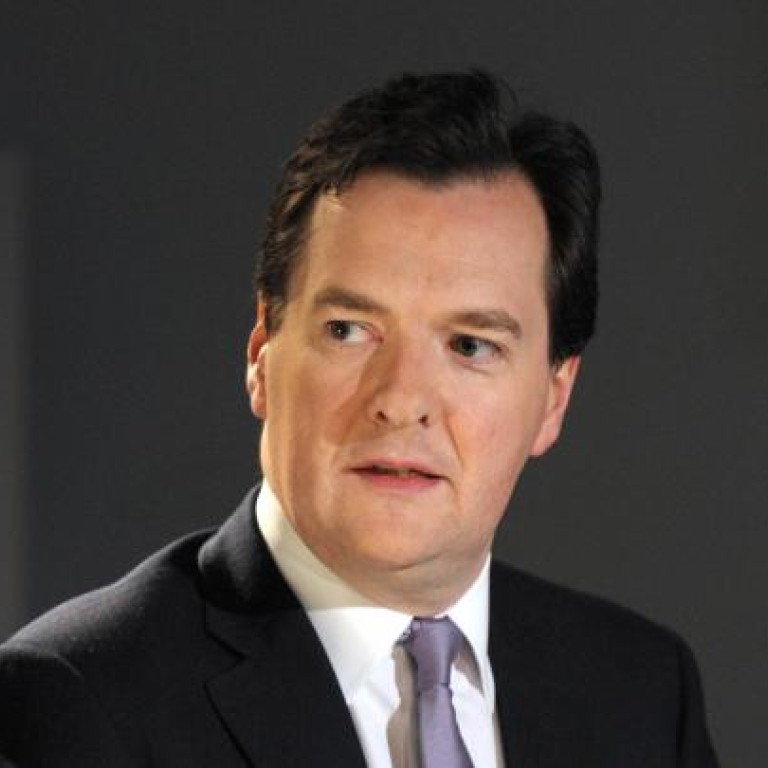
IMF calls on Britain to ease austerity drive
The IMF’s chief economist, Olivier Blanchard, has urged Britain to lessen the pace of its austerity programme because of the risk it may fall back into recession this year.
Speaking on BBC radio, Blanchard said Britain’s annual budget statement due in March would be a good time for finance minister George Osborne to “take stock” of his programme of deep spending cuts and tax hikes.
Data due out later on Friday is expected to reveal that Britain’s economy contracted in the final quarter of last year, putting Britain at risk of a “triple-dip” recession.
But Osborne rejected the suggestion, insisting that Prime Minister David Cameron’s coalition government would not succumb to increasing pressure to abandon its so-called Plan A.
“We’ve never been passionate about austerity,” Blanchard said.
“From the beginning we have always emphasised that fiscal consolidation should be slow and steady. We said that if things look bad at the beginning of this year -- which they do -- then there should be a reassessment of fiscal policy.”
He added: “We think that slower fiscal consolidation in some form may well be appropriate.”
However, Osborne said he would not be deterred.
“I don’t think it’s right to abandon a credible deficit plan. Credibility is very hard won and easily lost,” he said at the World Economic Forum in Davos.
“I’m afraid we’re not about to bring that programme (of cuts) to an end, we have set out to the year 2017 a programme of deficit reduction.”
All three main ratings agencies have warned Britain is at risk of losing its top-AAA credit grade, in part because of concerns about the government’s ability to get the country’s debt on a downward trend.
In an acknowledgement of the unpopularity of his programme and the sluggish economy, Osborne insisted: “We are walking a difficult road, but we are walking in the right direction.”
The IMF on Wednesday projected global gross domestic product (GDP) annual growth of 3.5 per cent this year, a dip of 0.1 points from its October forecast, and 4.1 per cent next year.
And it predicted that Britain was expected to expand by only 1.0 per cent this year, rather than by the Fund’s previous estimate of 1.1 per cent. It also downgraded its next year GDP forecast to 1.9 per cent from 2.2 per cent.
Economists expect official data due on Friday to show a contraction in British GDP for the three months to December compared with the third quarter of last year.
Britain sank into the first phase of a double-dip recession in 2008 as a result of the devastating global financial crisis that sparked a number of vast banking bailouts.
The economy rebounded in late 2009 but struggled to stage a convincing recovery and fell back into a second downturn in late 2011, as the eurozone crisis loomed large.
“Friday’s GDP release is likely to show a contraction of the UK economy in the fourth quarter, heralding talk of a triple-dip recession,” said Conall Mac Coille, chief economist at Davy financial group.
“We expect that the contraction will be much sharper than the minus 0.1-per cent quarter-on-quarter consensus,” he added in a note to clients.
